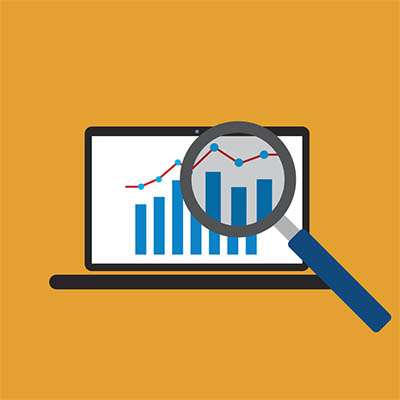Macro Systems Blog
Examining the terms Business Intelligence and Business Analysis
There’s a significant difference between operating a smart business and making smart business decisions, although you could argue that one contributes to the other. More businesses than ever before are looking to their data to create better opportunities and make more intelligent decisions. Let's take a look at what the differences are between business intelligence and business analysis, as well as how they can contribute to your company's success.
First it should be noted that in order to best understand the two terms, you’ll need to have data collection platforms in place that permit you to analyze data. If your business doesn’t store data correctly, it becomes difficult to analyze it. Thus, if you have plans to analyze your data, you should make plans to have it stored in a single place where it can be read from, making it much easier to take advantage of.
Business Intelligence vs Business Analysis
The largest difference between business intelligence and business analysis originates back to the roots of language. Business intelligence is a noun, whereas business analysis is a verb. Business intelligence is a system put into place to collect and analyze data, while business analysis is the literal act of doing the analyzing. Both of these purposes require significant amounts of data to work as intended, even if they both work in different ways.
Business Intelligence
A business intelligence strategy is constructed for the purpose of analyzing the business in its current form. In this case, the more you know about your business, the more effectively you can make decisions about the future of your business. When you hire a business intelligence professional, their job is to analyze the data to find answers to your most pressing business needs. Your business utilizes the information found during these processes to improve your operations, whether it’s through changing up the way things are done or by implementing new solutions. Essentially, BI’s value is in providing enough information about your business’ operations to create data-driven decisions.
Business Analysis
Business analysis consists of enabling the changes that need to be done by finding and resolving gaps in the way your business manages itself, whether it be in production or solution implementation. Business analysis means that your company takes the information that a BI system has provided to create solutions for your business’ woes. Sometimes they can be used to predict changes in the market or determine the best audience for a particular good or service.
Data-Driven Decisions
This increase in organizational use of BI and BA make it clear that more businesses than ever before are taking advantage of their data in exhilarating new ways. Via the power of BI, organizations can build strategies to hone in their operations and create opportunity for improvement, while BA can help you either implement new solutions or stay on track toward your goals.
Macro Systems can help your business get started. To learn more about business intelligence and business analysis, reach out to us at 703-359-9211.





Comments